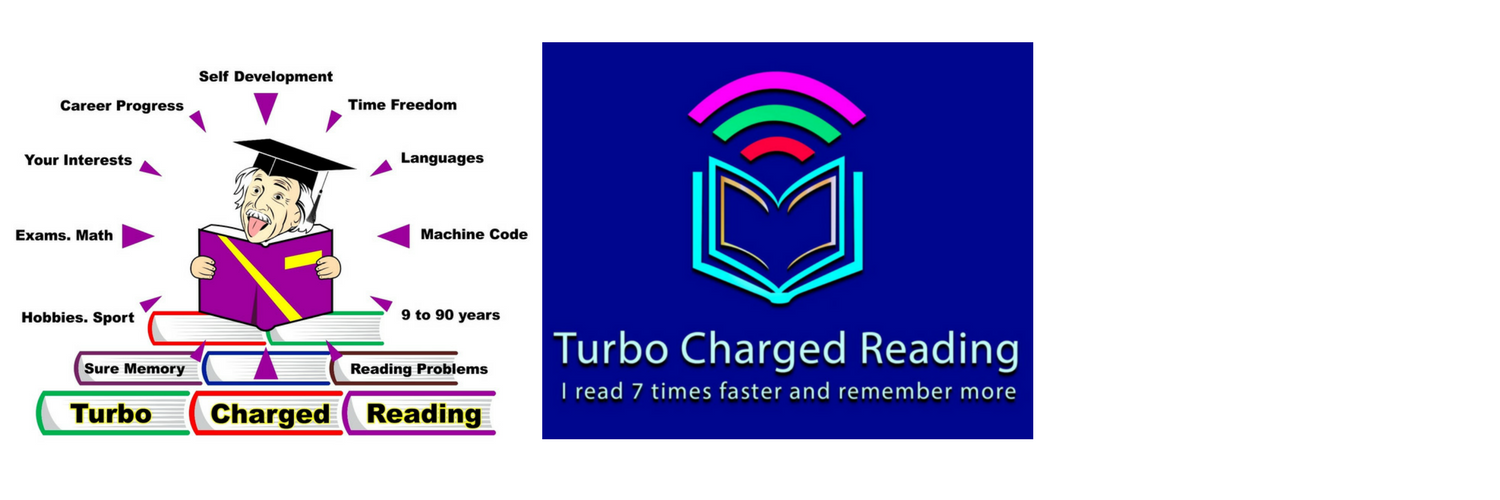My painting of a canal bridge at Skipton UK.
6 Ways to Get
Motivated When You Feel Like Doing Nothing
Kerry Petsinger
Even the most ambitious, motivated people occasionally
have difficulties getting things done.
The good news is that we can often discover why we’re in
a slump.
Even better, there are ways to get out of the slump and
get motivated again.
Here’s 6 ways to get motivated when you feel
like doing nothing.
1. Figure out why
you’re in a slump.
Here are some of the reasons you may be in a slump:
You’re dreading something you know you need to do.
You’re procrastinating getting things done because you
are totally loathing an upcoming task.
You’re tired. You’ve been lacking good nutrition, sleep,
exercise,
or have been ill and overall don’t feel well.
You’re lacking confidence. You are scared to get out of
your comfort zone and do something.
You’re in the middle of a project. You’ve gotten past the
excitement at the beginning,
and you’re not yet near the end. You’re in the difficult
part – the middle.
2. When you’re
dreading something, make it almost impossible to NOT do the task.
For example, if you know you want to workout in the
morning, try placing your workout clothes
next to your bed so they’re the first thing you see when
you wake up.
Also, call a friend and make plans to meet them at
the gym in the morning.
Having an accountability partner will increase your
likelihood of success.
3. When you’re
tired, take care of your body.
Some days, you might need rest. Other days, your body
might need exercise.
Some days, you just may need to get away from your desk
and get some fresh air.
Think about how your habits have been recently. Have you
been getting adequate rest?
Have you been choosing healthy foods and beverages? Have
you had a recent illness
that has left you feeling rundown? Think about how you’ve
been treating your body.
Taking great care of your body may help you get out of
your slump.
4. When you’re
lacking confidence, think about WHY you’re doubting your capabilities.
Are you struggling with negative thinking? Has there been
a recent negative comment
or event in your life that has been bothering you? Are
you comparing yourself to other people?
When you’re struggling with negative
thinking, give yourself a compliment,
or do something fun to rejuvenate your joy.
5. When you’re in
the middle of your journey, persevere.
When you set out to achieve a big goal, it’s usually
pretty easy to be very motivated
at the beginning. At the beginning, you think about the
end result, and you are full of anticipation
and enthusiasm. It’s also pretty
easy to be motivated at the end of a long journey.
Once the end is in sight, the excitement of seeing the
finish line can propel you forward.
In my opinion, the middle of the journey is usually the
hardest. In the middle, the initial excitement has diminished, but you haven’t
gotten close to your goal yet. In the middle, you realize exactly
how much time and effort is required to complete your
journey. You get frustrated
and frequently face the difficulty of pushing yourself
out of your comfort zone to move forward.
In the middle, keep thinking about your “why.” What are
the personal, meaningful,
and strong reasons you wanted to achieve your goal in the
first place?
Oftentimes, remembering our “why” can help give us a
boost of motivation
when we’re in a slump. Also, remember what Confucius
said, “It does not matter how slowly you go as long as you do not stop.” Keep
moving when you’re in the middle. Commit to taking daily actions that move you
closer to your end goal, even if they’re extremely tiny actions. Just keep
moving.
To learn more, check out this article about getting
through the middle.
6. Remember that the slump won’t last forever,
and take action immediately to start getting out of it.
Start moving forward with tiny little steps. Remember
that perseverance can make a huge difference in your success. Remember that
success is a wild journey with many bumps and bends in the road, and not
typically the straight line that people envision. Remember that moving forward
when you’re not feeling motivated helps you push through
your fears,
get out of your comfort zone, and win the mental battles
you have with yourself.
Each step you take during the difficult times helps you
feel more confident and capable,
and gives you the momentum to continue to move out of
your slump.
Any time you set out to achieve something in your life,
you will face resistance.
That resistance can leave you feeling unmotivated and
cause you to sink into a slump.
However, pushing through the resistance and taking action
to get out of your slump will help set you up for long-term success. When you
realize you really can get yourself motivated on your bad days, you will know
in the future how to get yourself through additional rough times.
Everyone has the occasional slump. Recognizing the cause
of your lack of motivation,
and taking action
to quickly get out of your slump will help minimize your down time
and maximize your success.
http://www.lifehack.org/348744/6-ways-get-motivated-when-you-feel-like-doing-nothing
Turbo Charged Reading: Read More>>>Read
fast>>>Remember all>>>Years later
You can TCR specialist
and language dictionaries that are spontaneously accessed.
I can Turbo Charge Read a novel 6-7 times faster and remember what I’ve read.
I can TCR an instructional/academic book around 20
times faster and remember what I’ve
read.
Emotions when Turbo Charged Reading YouTube
Perhaps
you’d like to check out my sister blogs:
To
quote the Dr Seuss himself, “The more that you read, the more things you will
know.
The
more that you learn; the more places you'll go.”














